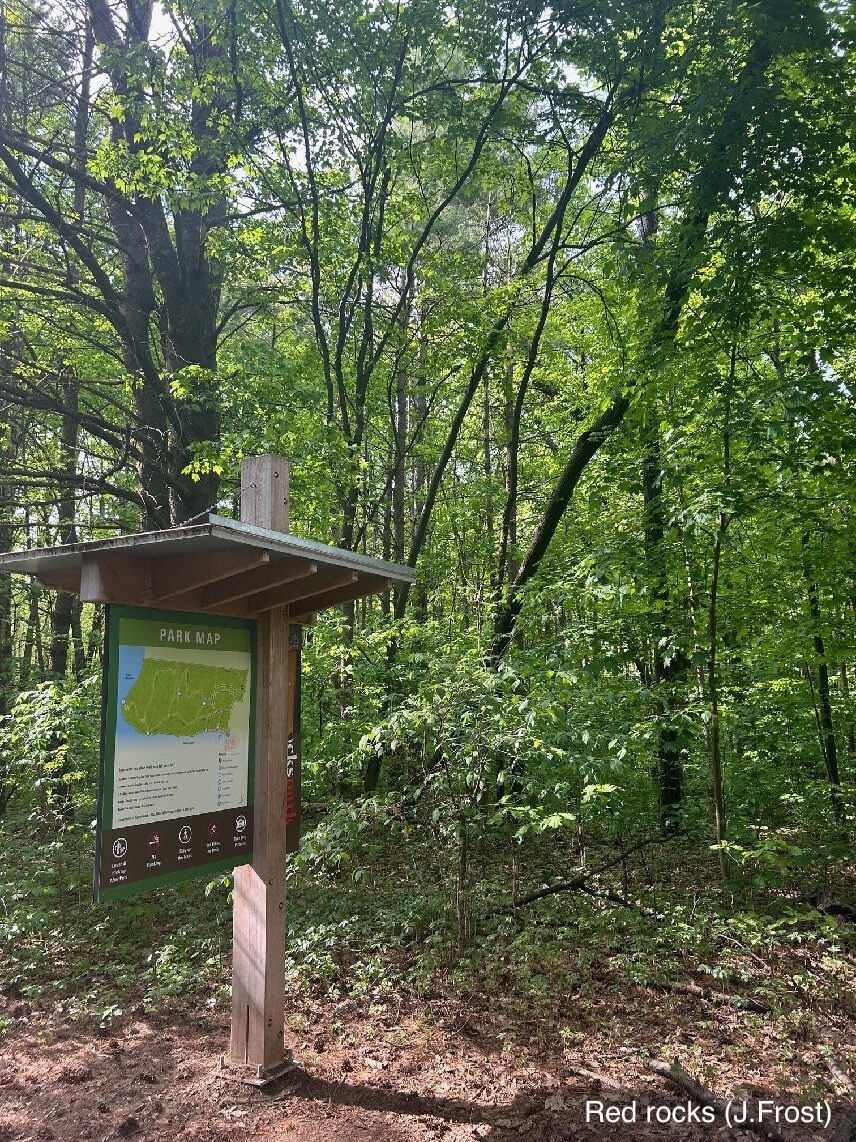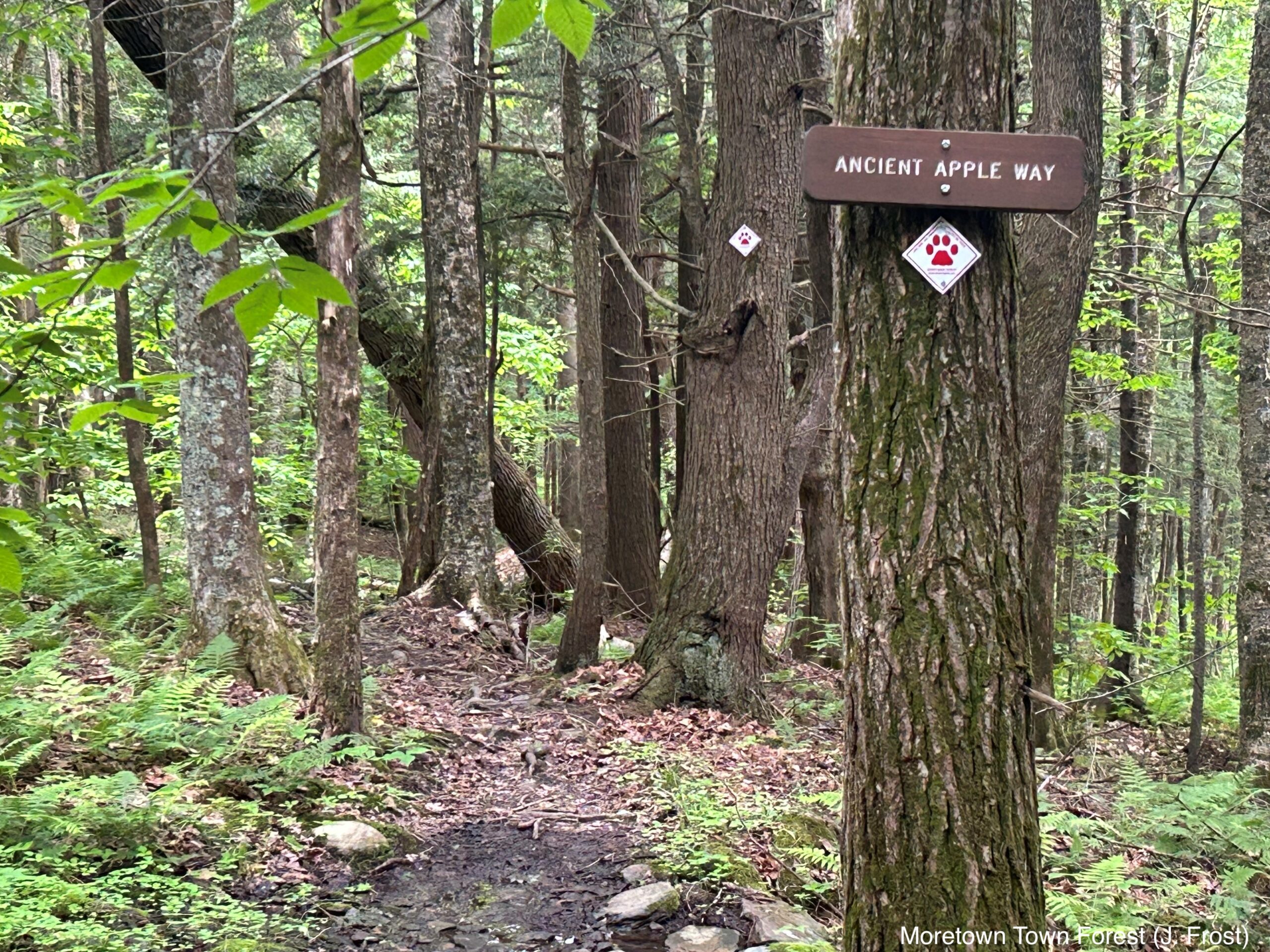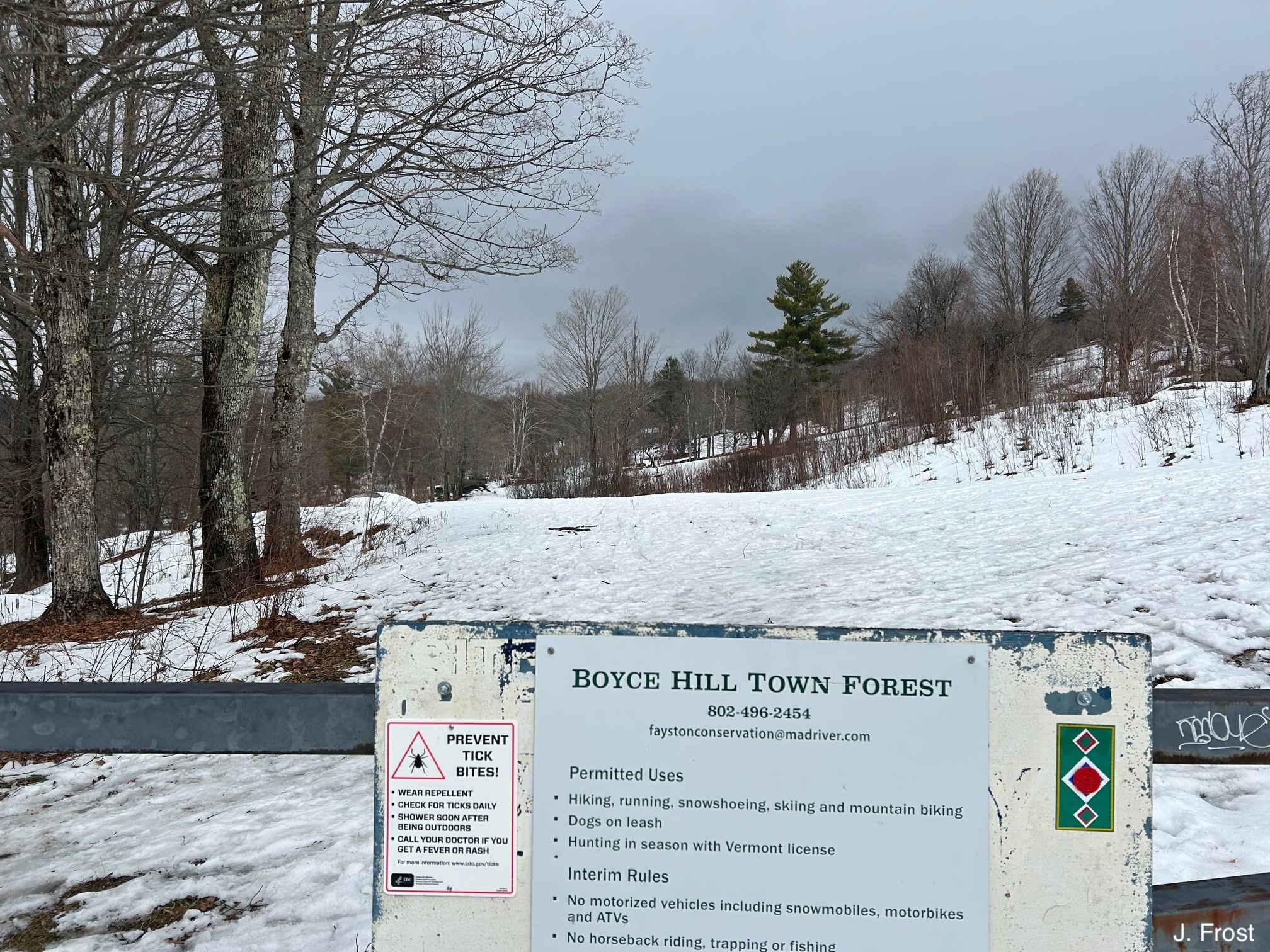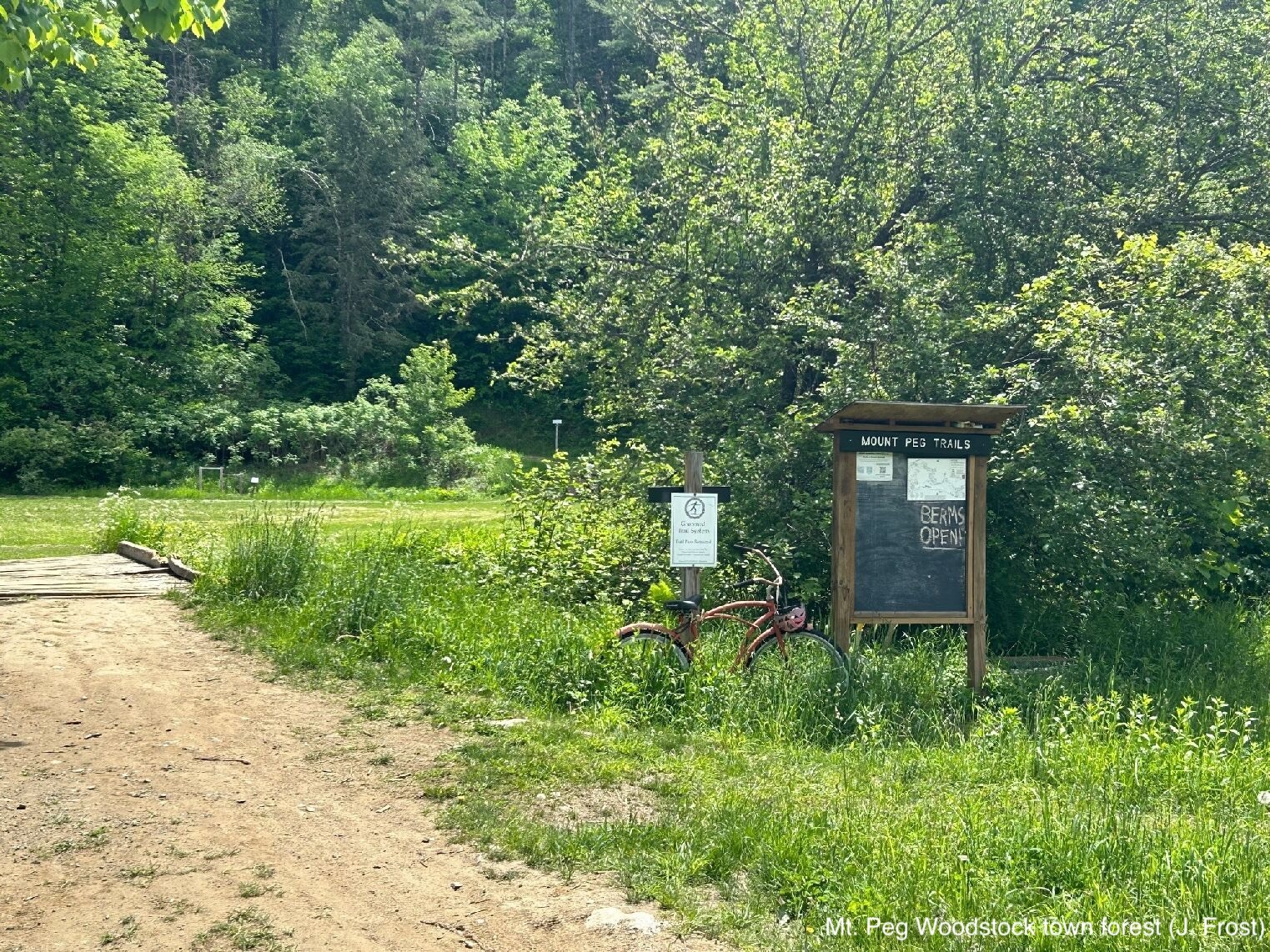
The Vermont Town Forest Census seeks to better understand the forest lands owned by local government entities (municipalities and districts) and tribes from the perspective of those who steward these forests.
Data collected in this Census will be used to facilitate and focus outreach, peer learning, and technical & financial assistance on the topics of greatest interest to local communities.
Town forests and other forest land owned by towns, cities, tribes, schools, and recreation districts play important roles in Vermonts communities and ecosystems. The number, use, and recognized benefits of these local, publicly-owned forests have grown in recent years. This Census will update existing lists of Vermont town forests while collecting information about how they are used and cared for. It will also lay the foundation for a replicable Census in future years.
The VT Department of Forests, Parks and Recreation have long assisted communities and their forest stewards through the Urban and Community Forestry Program and their County Foresters. Many non-profit organizations have also supported the establishment and stewardship of publicly-owned forests at the local level. In addition, a number of University of Vermont faculty and students have participated in research and service projects in town forests throughout the state. The priorities for assistance expressed by the community members who fill out this Census form will help focus future resources to meet community needs. Census findings will also highlight opportunities for peer learning among communities.
Our team is committed to making equity and inclusivity both a process and outcome of our project. We strongly believe in diversity of people, identities, and ideas as a feature of healthy communities and strive to include marginalized perspectives in our work.
Reach out to us at Vtownfor@uvm.edu
Track the Census Progress HERE
Click here to sign up for our project email updates!



Indigenous Land Acknowledgment
Our research takes place on land traditionally owned and stewarded by the Western Abenaki. We recognize the past, present, and continued existence of their tribes on the land as well as the deep significance it holds to their culture. As well, we recognize the harm inflicted on their people by European settlers. We hope that acknowledging crimes committed in the past and celebrating the lives of those in the present leads to a future that is just, equitable, and inclusive for all who call this land home.